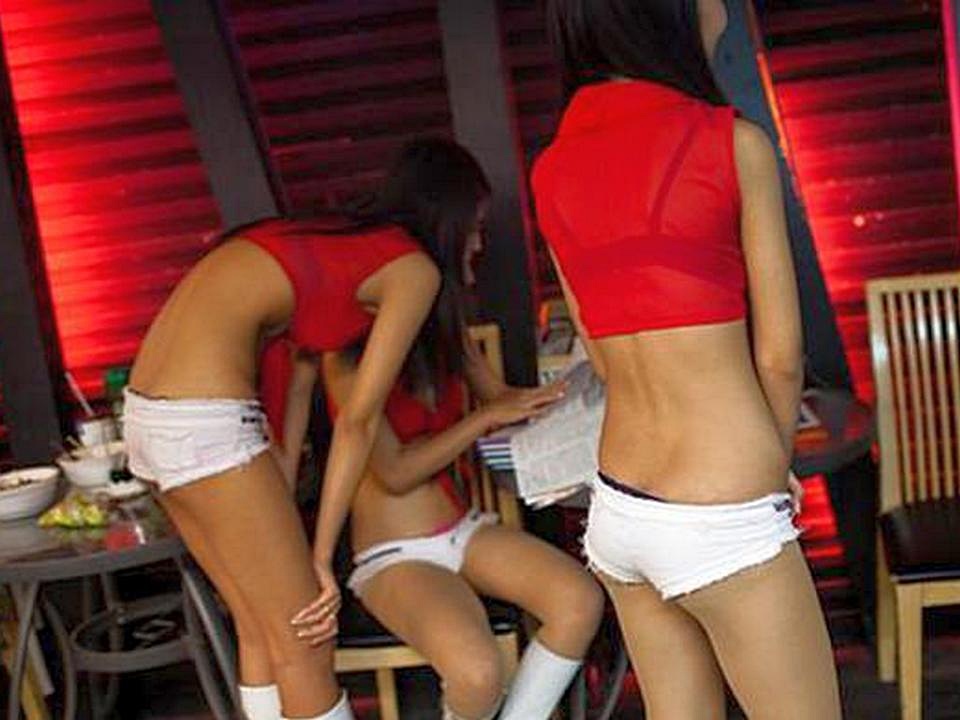
You might need a VPN to watch in Thailand Deutsche Welle’s recent documentary about Sin City, but the theme is hardly new. Fifteen years ago, a European diplomat said she had seen no evidence of child prostitution on a day trip to Pattaya, but then achieved a flurry of publicity after admitting she had never left the confines of her five star hotel on the Naklua Road. Meanwhile, Which? magazine once labeled Pattaya as one of the 10 worst holiday destinations globally because it was dirty in every sense of the word. The News of the World, of forlorn memory, often sent reporters to Pattaya when short of a front page splash involving clerical pederasts on the run or British members of parliament enjoying a golf holiday – even though they had conveniently left their clubs at the airport.
In the last 10 years, Pattaya has been more fortunate in its headlines. The diversification of Pattaya into five star hotel facilities and family entertainment, the growth of the MICE (conventions, exhibitions etc) and the transformation of the city into a concrete jungle all seemed to stifle the sexual undertones. Indeed, the most widely-reported Pattaya crime story of the last decade was probably the arrest of 30 European bridge players in 2016, even though they were never charged with any offence. The importance of Pattaya in the Eastern Economic Corridor, a mammoth investment project which has (for example) brought major road improvements to the area, has been publicized in the quality press but ignored by everybody else in the media.
Pattaya police, acting on orders from above, have made several attempts to clean up the city which continue to the present day. Pedophile-friendly bars, for example in the Sunee Plaza district, were all permanently closed. Sex shows were no longer openly on offer and have been replaced by orthodox cabaret in the nightery districts. City Hall, during and after the covid pandemic, has completely redesigned the famous Walking Street. The number of gogo bars has substantially declined and there are now at least eight Indian clubs and restaurants which reflect the ever-changing tourist population in the city. Why so many Indian and Chinese men come to Pattaya is still an unreported story.
Thus the hostile Deutsche Welle documentary has come as something of a temporary shell shock. Thai authorities have reacted as they always do – institute an inquiry and order a few heads to roll – but a serious attack on Pattaya nightlife is out of the question. The prime minister has made it very clear in recent months that the country needs more and more tourists, so extinguishing the bright lights of Sin City is hardly part of that agenda. In coming weeks, we are going to hear much about the benefits of zoning, making the resort safe for families with children, ending police corruption and introducing waste water treatment systems. Still, as Night Owl columnist Bernard Trink once observed, “Pattaya listens to everybody but doesn’t always hear.”






